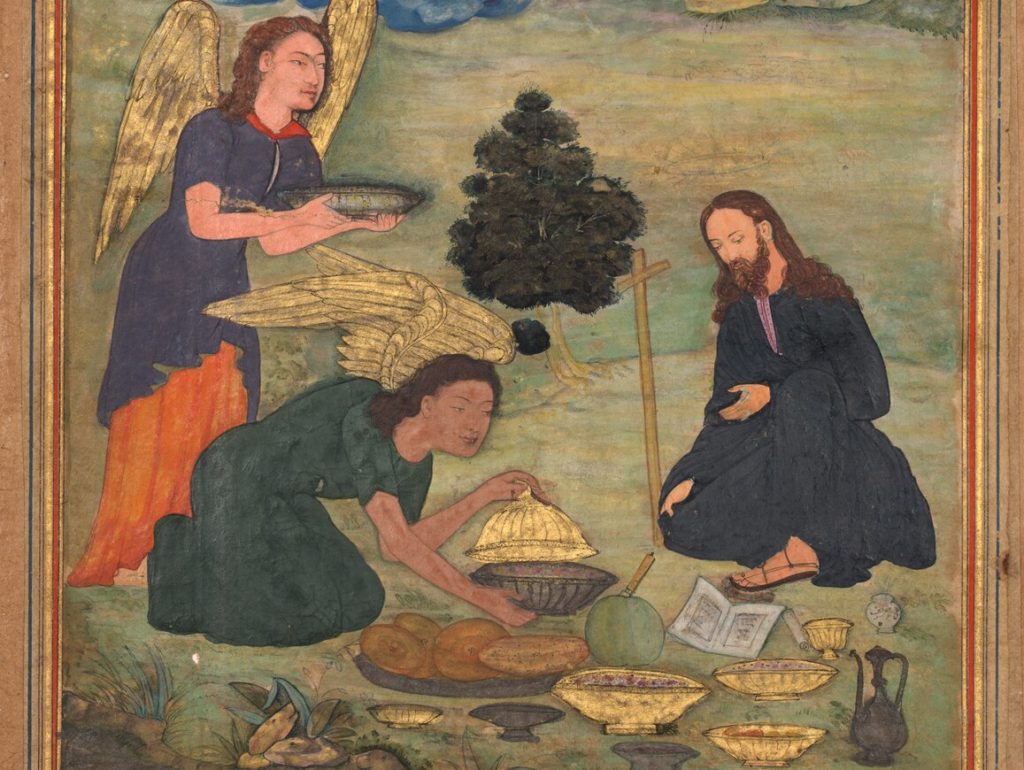We’re midway through Lent, and it’s a good time for us to ask why? Why do we do it? And why does it last so long?!
Well, we know there are biblical precedents. Jesus fasted for 40 days, and so did Moses, and so did Elijah. The 40 days reminds us of Israel’s 40 years in the wilderness and Noah’s 40 days of rain.
We know that the ancient Fathers at the Council of Nicaea (A.D. 325) recognized a 40-day fast. And there were 40-day fasts in Rome and Egypt long before that.
But why? That’s what my kids used to ask when they were driving the conversation about bedtime back to first principles. And it’s not a bad thing for us grownups to do when we think about Lent.
Why do we fast at all? Why does Lent last so long?
The earliest Christian discussions are lost to history. But historians propose many possible reasons, and today I want to consider just one.
Christians practiced long self-denial once a year because they were training themselves up for martyrdom. They were building up endurance because persecution was something real to them. It wasn’t always active, but the laws were still on the books, and the Church never knew when full enforcement might come back.
Lent was the way Christians stayed ready — prepared to give themselves away as martyrs. In the persecutions of Decius and Diocletian, many failed the test. At the thought of pain, discomfort, and death, they renounced Jesus Christ. The Christians who witnessed this watched in horror. They desired never to do the same.
It’s quite possible that the original Lent was only a week long. But by the fourth century Christians knew that they needed more than that.
We do, too. We know it from history. But we also know it from experience. We know our sins. We know our weaknesses.
The martyrs knew that if they made the effort to strengthen their will, God himself would make up for what they were lacking. Grace would build on nature, complete it, and elevate it.
This was Lent, then, in the third century and at the beginning of the fourth. It was a time of self-denial, self-mastery, and self-possession. But such discipline was a means and not an end. It’s not about checking off the boxes. It’s not about toughing it out.
It’s about love. We possess ourselves in order to give ourselves away in love — just as Jesus did on the cross, and just as Jesus does in the Mass.
As I prepared this column, I noticed that its term of publication would begin on February 23 and end on March 7. It begins with the memorial of St. Polycarp and ends with Sts. Perpetua and Felicity, all martyrs of the early Church. Their stories were preserved by eyewitnesses who depicted the martyrs’ suffering in liturgical terms. It was a gift of self — body and blood. It was given freely in love. Its result was communion with Christ.
That’s the meaning of Lent. We prepare ourselves for the most profound love with Jesus. Press on!

